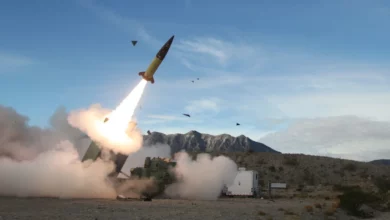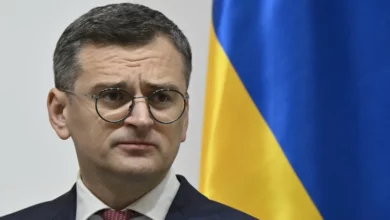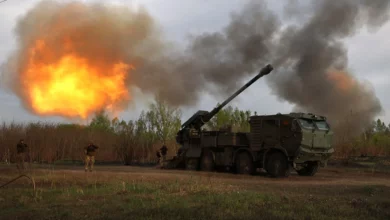
BRUSSELS (Reuters) – Hotspots of COVID-19 infection in the European Union will be labelled “dark red” zones to discourage all but essential travel, EU governments agreed on Friday.
The EU has already set up a “traffic light” system to designate the seriousness of the spread of the novel coronavirus in each of its 27 states and to try to limit travel.
But with infections rising and contagious variants spreading most of the bloc is already red, so new dark red zones would help to distinguish very high-risk areas and also help uphold rules requiring testing on departure and quarantine.
EU ambassadors agreed the new measure, proposed by the European Commission, at a meeting in Brussels, EU diplomats told Reuters. The new color will indicate regions with more than 500 coronavirus infections per 100,000 inhabitants over two weeks.
At the same time, Germany and other countries announced they intended to take additional travel measures to curb the spread of the virus, one EU diplomat said. Current EU presidency chair Portugal, which is running EU meetings from January to June, said that any new travel measures were up to individual states.
Germany is preparing entry bans for travelers from Britain, Portugal, Brazil and South Africa to limit the spread of the more contagious variants of the coronavirus raging in these countries, Interior Minister Horst Seehofer said on Thursday.
Belgium has barred residents from taking vacations abroad until March to fight the spread of the more infectious virus variants. However, the EU executive Commission insists that essential workers and goods must be able to cross borders smoothly, part of EU rules guaranteeing free movement.
Reporting by Sabine Siebold and Robin Emmott; Editing by Alex Richardson




